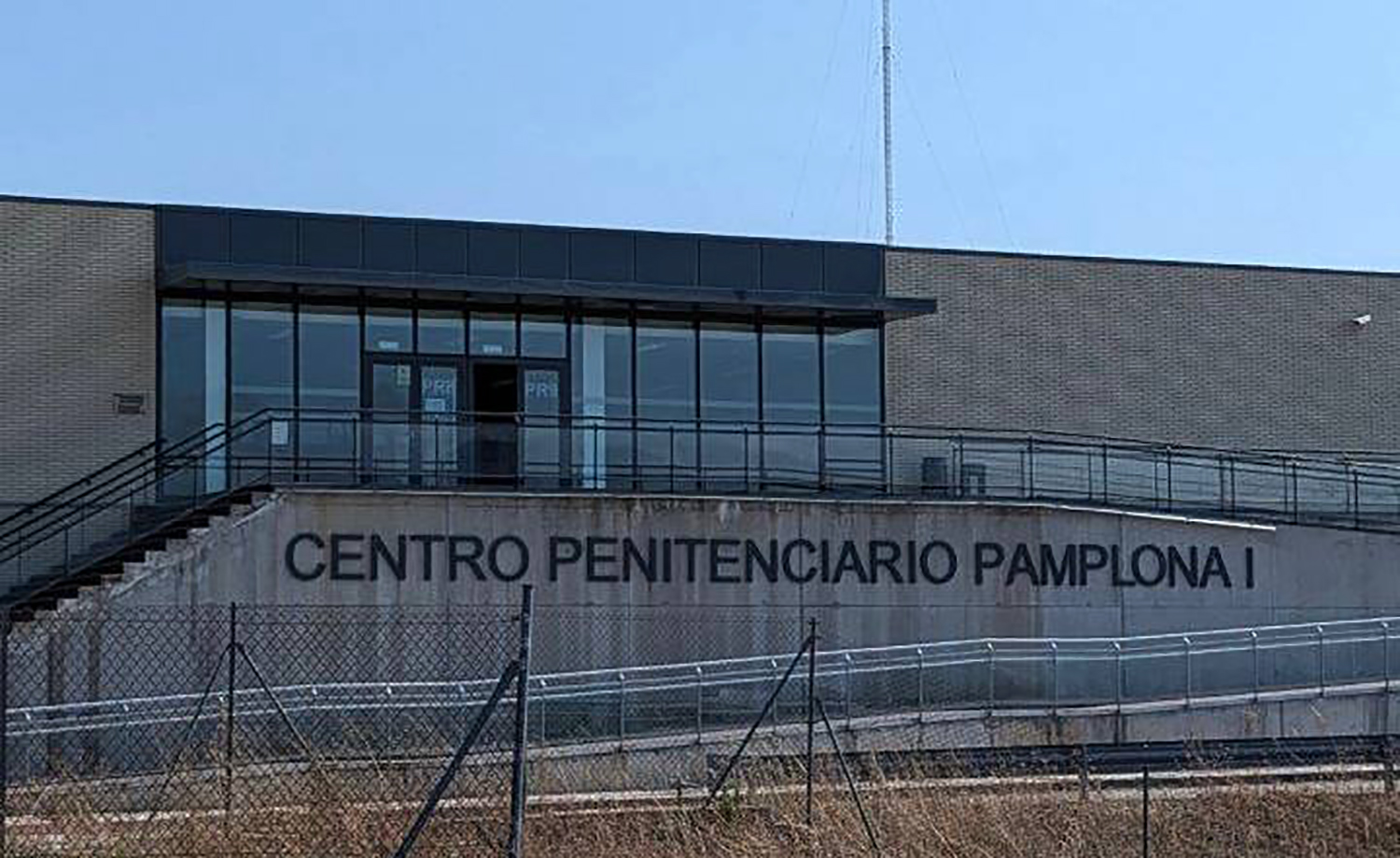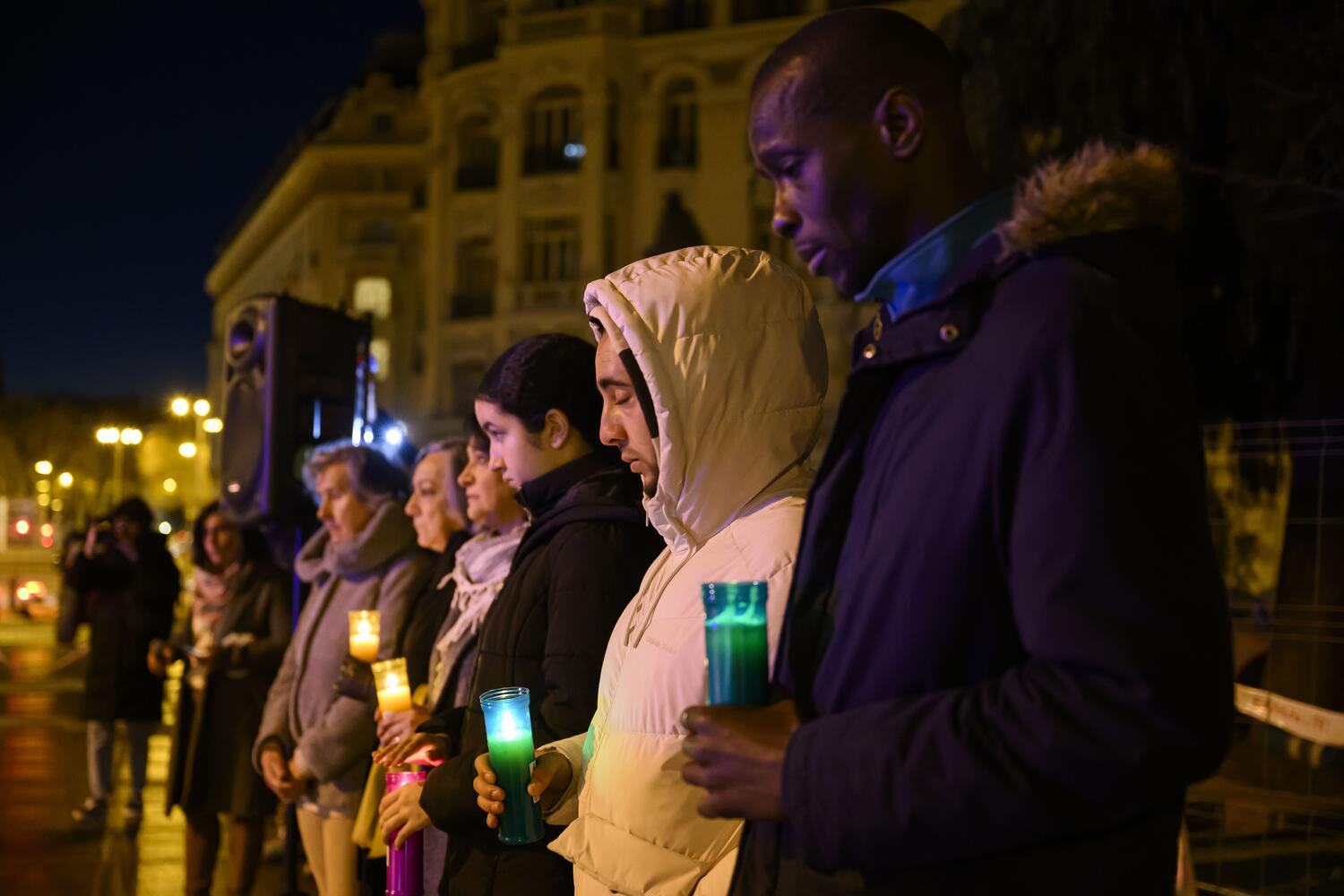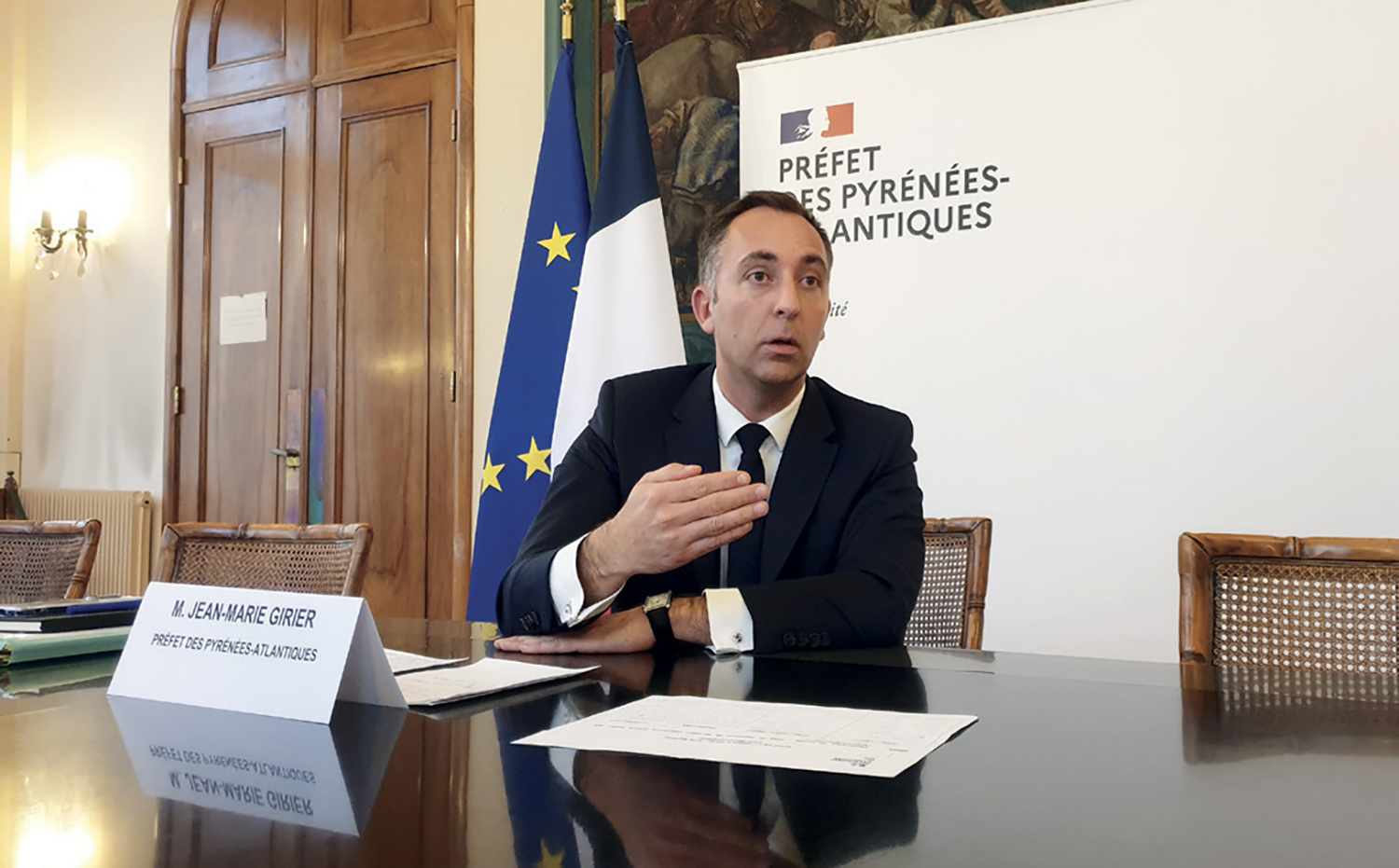European Union authorities agree on a stronger pact to regulate illegal migration
- The European Parliament and the European Council adopted the EU Treaty on Migration and Asylum on 20 December. Above all, it will remember the situation of migrants trying to arrive illegally.

The beginnings of the current agreement are in 2016. In 2015, the European Union experienced a migratory crisis mainly due to the migratory flow war from Syria, Iraq and Afghanistan. More than two million refugees then arrived in the European Union, causing a red alarm among the Member States. The first steps of the current agreement were initiated in 2016, but most have been negotiated since 2020.
The Treaty regulates three areas, relations with non-Member States, border control and rules of solidarity between Member States. We want to vote before the next six months in the European Parliament, as parliamentary elections are held in June, and the surveys provide for an increase in the right end. The concert regulates five areas.
Solidarity between States
Solidarity between states is regulated to receive migrants. Illegal migration generally affects migrants from the south of the EU, i.e. mainly Greece, Italy and Spain, and it is agreed that other states should receive a maximum of 30,000 migrants each year; the State refusing to receive refugees will pay EUR 20,000 for each migrant. However, the number of refugees to be collected will be determined by the population and GDP of each country.
Control of those who reach the limits
Control of refugees will be stepped up and data collection in centres located in neighbouring areas, such as fingerprints, possible diseases or biometric data, will be increased before starting the EU admission decision process. Until now, children up to 14 years of age have been monitored, and the age of control has been reduced to six years.
Detention and expulsion centres
During the period of study of refugee protection, refugees shall remain in reception or detention centres. If the border procedure enters into force, the expulsion period shall be 12 months. In other cases, the analysis process will last six months.
Crisis times
Under the agreement, if a State observes that the arrival of refugees is disproportionate, it may request the European Commission to declare the crisis situation and, if it so allows, facilitate the adoption of extraordinary measures. Generally, agreed measures for general situations will be made more flexible. For example, the period of detention of the migrant may be extended by another six weeks or a State will have to accept a certain number of refugees.
Use of migration
Some states consider that some countries use migrants to destabilize another third country. For example, in 2021 there was a lot of tension between Poland and Belarus, which had targeted refugees. Crisis regulations have been established for these cases.
Italy has made a great effort to include in this category the work done by non-governmental organisations working in the Mediterranean “to destabilise the country”, but in the end their intentions have been rejected.
However, the agreement does not take into account the scope of rescue operations in the Mediterranean, which makes the work of NGOs difficult. In 2013, Italy launched a series of operations to rescue refugees at sea, rescuing over 150,000 people. Italy asked for financial assistance in order to be able to continue the work, but the EU refused to do so. Consequently, Italy suspended its work and the European Union launched a series of operations to care for the Mediterranean, but above all with a focus on safeguarding arms trafficking and borders, and not on rescuing refugees.
Measures are being tightened up in Europe against migrants who arrive illegally in Europe, as demonstrated by the recent Immigration Act adopted by the French Parliament with votes on the right. Also in the recent parliamentary elections in the Netherlands, the extreme right of anti-migrant policy has won the elections.
Aljeriatik datoz Mohamed eta Said [izenak asmatuak dira], herri beretik. “Txiki-txikitatik ezagutzen dugu elkar, eskolatik”. Ibilbide ezberdinak egin arren, egun, elkarrekin bizi dira Donostian, kale egoeran. Manteoko etxoletan bizi ziren, joan den astean Poliziak... [+]
Kritika artean abiatu dira Gasteizko Arana klinika zena Nazioarteko Babes Harrera Zentro bilakatzeko obrak. Ez auzokideak, ez errefuxiatuekin lan egiten duten gobernuz kanpoko erakundeak, ez PSEz bestelako alderdi politikoak ez daude ados proiektuarekin: makrozentroen ordez,... [+]
Europako Batzordeak lege-proiektu berri bat aurkeztu du asteartean. Dokumenturik gabeko pertsonak jatorrizko herrialdeetara edo igarotze-herrialdeetara deportatzeko prozesua areagotzea eta azkartzea helburua du.
Harrera-herri euskaldun nola izan gaitezkeen galdetu zion Leire Amenabarrek bere buruari eta parean zituenei iaz, Gasteizen, harrera-hizkuntzari buruzko jardunaldietan, eta galdera horrexetan sakontzeko elkartu gara berarekin hilabete batzuk geroago. Amenabarrek argi du... [+]
“Bi pertsona mota daude munduan: euskaldunak, batetik, eta euskaldunak izan nahiko luketenak, bestetik”. Gaztea zela, Mary Kim Laragan-Urangak maiz entzuten omen zuen horrelako zerbait, Idahon (AEBak), hain zuzen. Ameriketan jaio, hazi, hezi eta bizi izandakoak 70... [+]
Aurrekoan, ustezko ezkertiar bati entzun nion esaten Euskal Herrian dagoeneko populazioaren %20 atzerritarra zela. Eta horrek euskal nortasuna, hizkuntza eta kultura arriskuan jartzen zituela. Azpimarratzen zuen migrazio masifikatua zela arazoa, masifikazioak zailtzen baitu... [+]
Hamasei migrante atxilotu zituzten otsailaren 6an Baionan, etorkinen eskubideen aldeko elkarteek salatu dutenez. Dirudienez, Baionako prokuradoreak eman zuen agindua. Operazioa autobus geltokiaren eta Pausa harrera zentroaren artean gauzatu zuen poliziak, tartean, adingabekoak... [+]
Zutabe hau idazten nengoela, gaia aldatu behar izan dut, nire arreta osoa harrapatu dutelako Trumpen muga-zergek. Azalpen gutxi beharko duzue, leku guztietan da berria, Txinako produktuei %10eko zerga eta Kanadako eta Mexikoko produktuei %25eko muga-zergak jarri dizkie. Trumpek... [+]



















